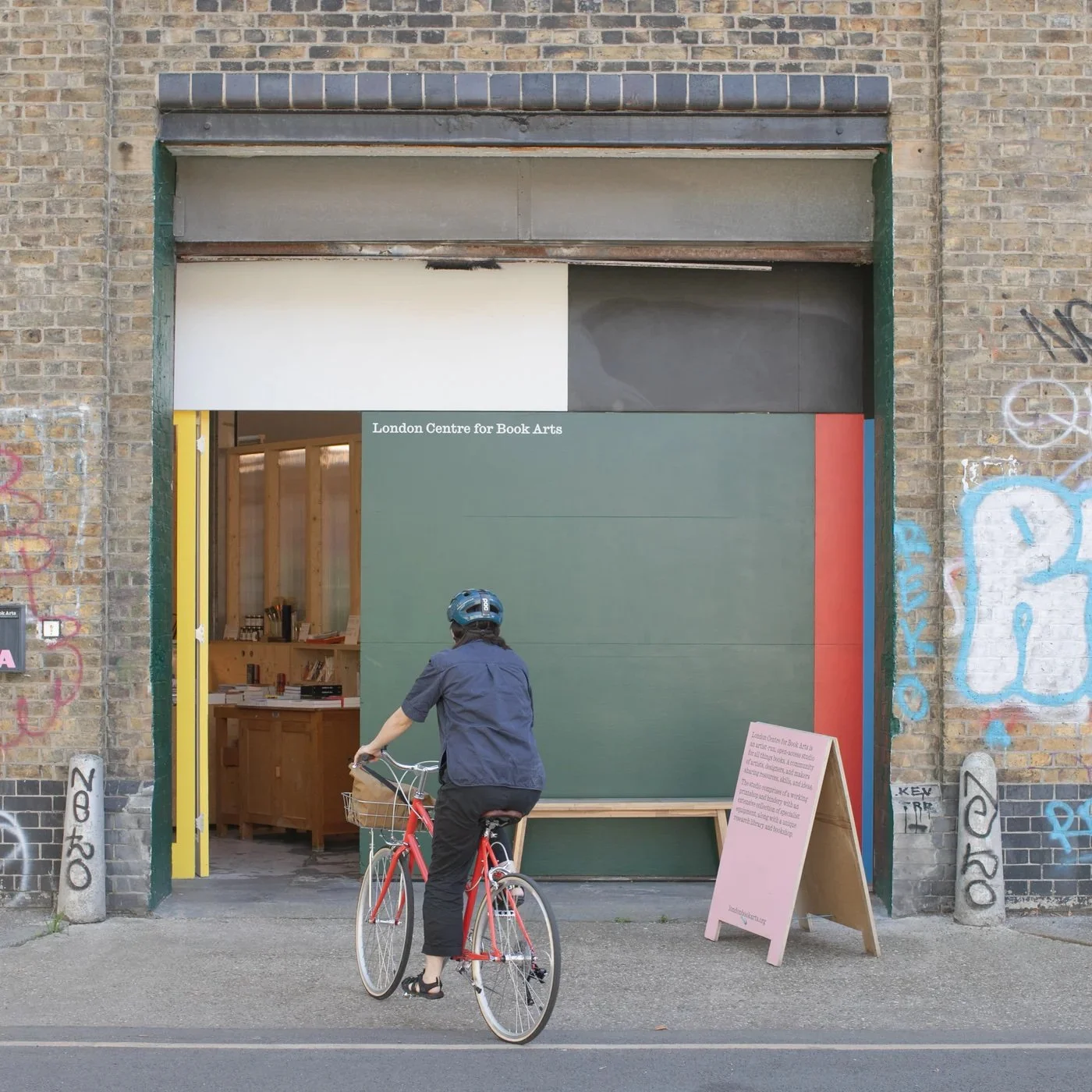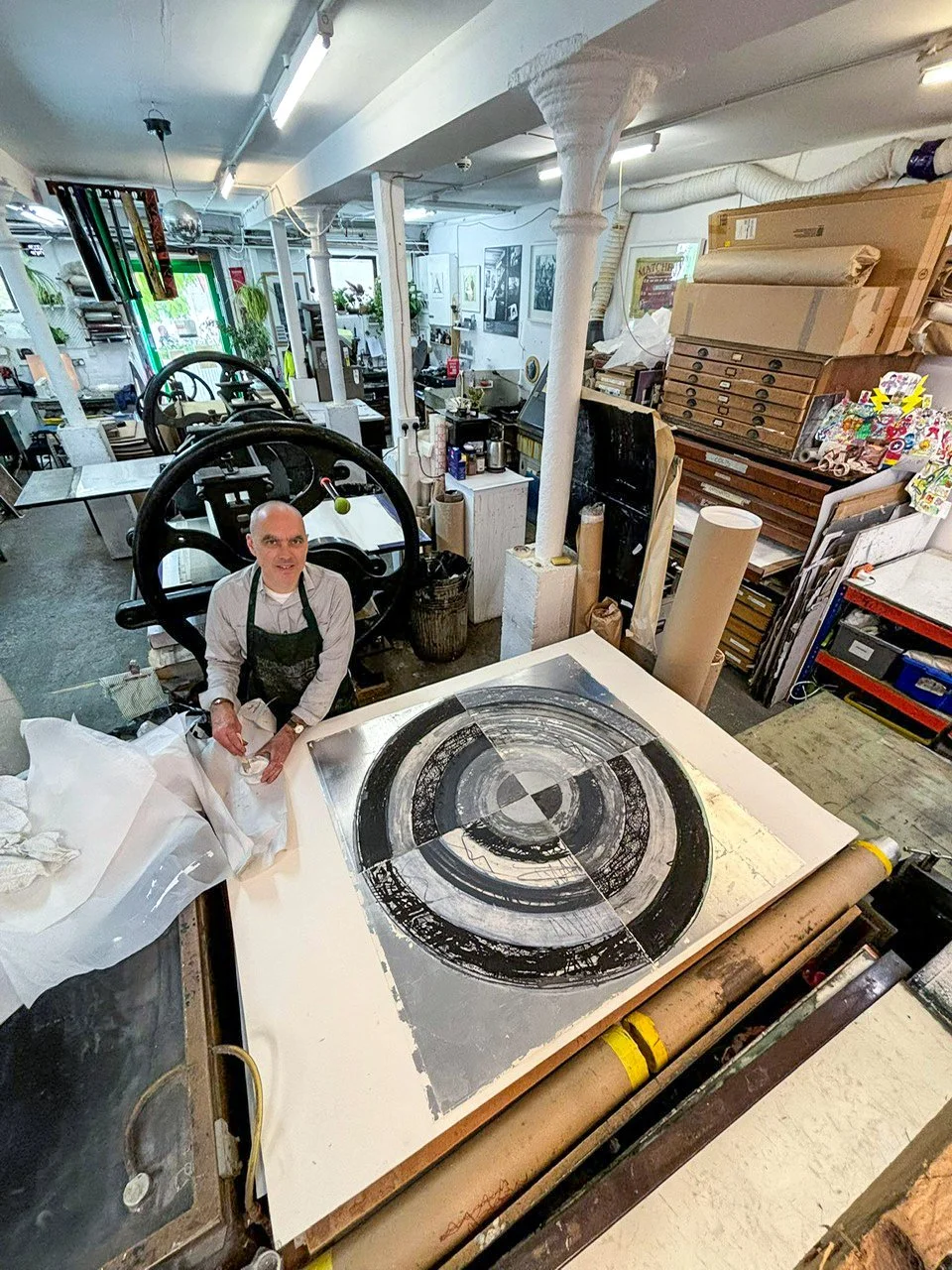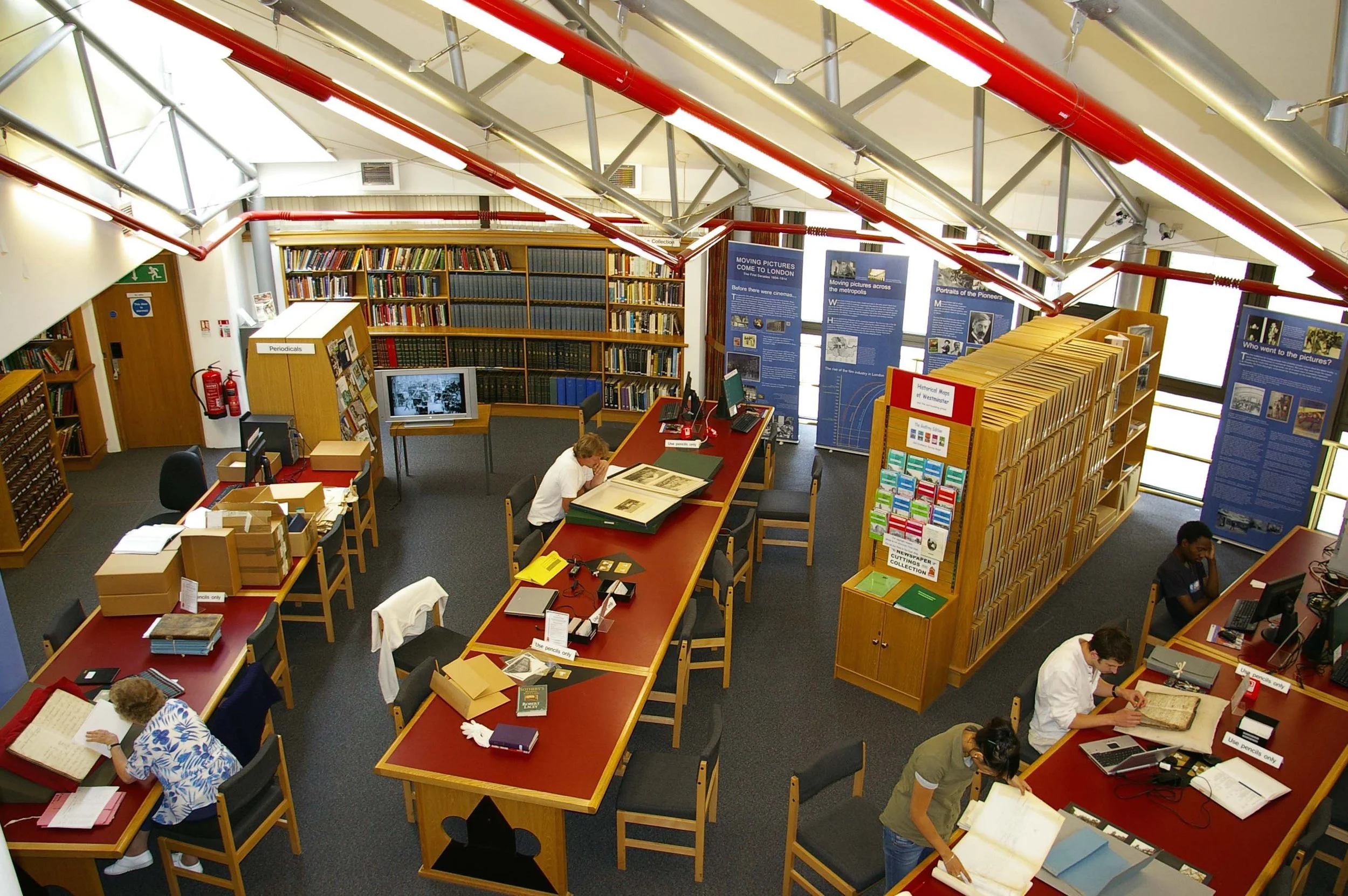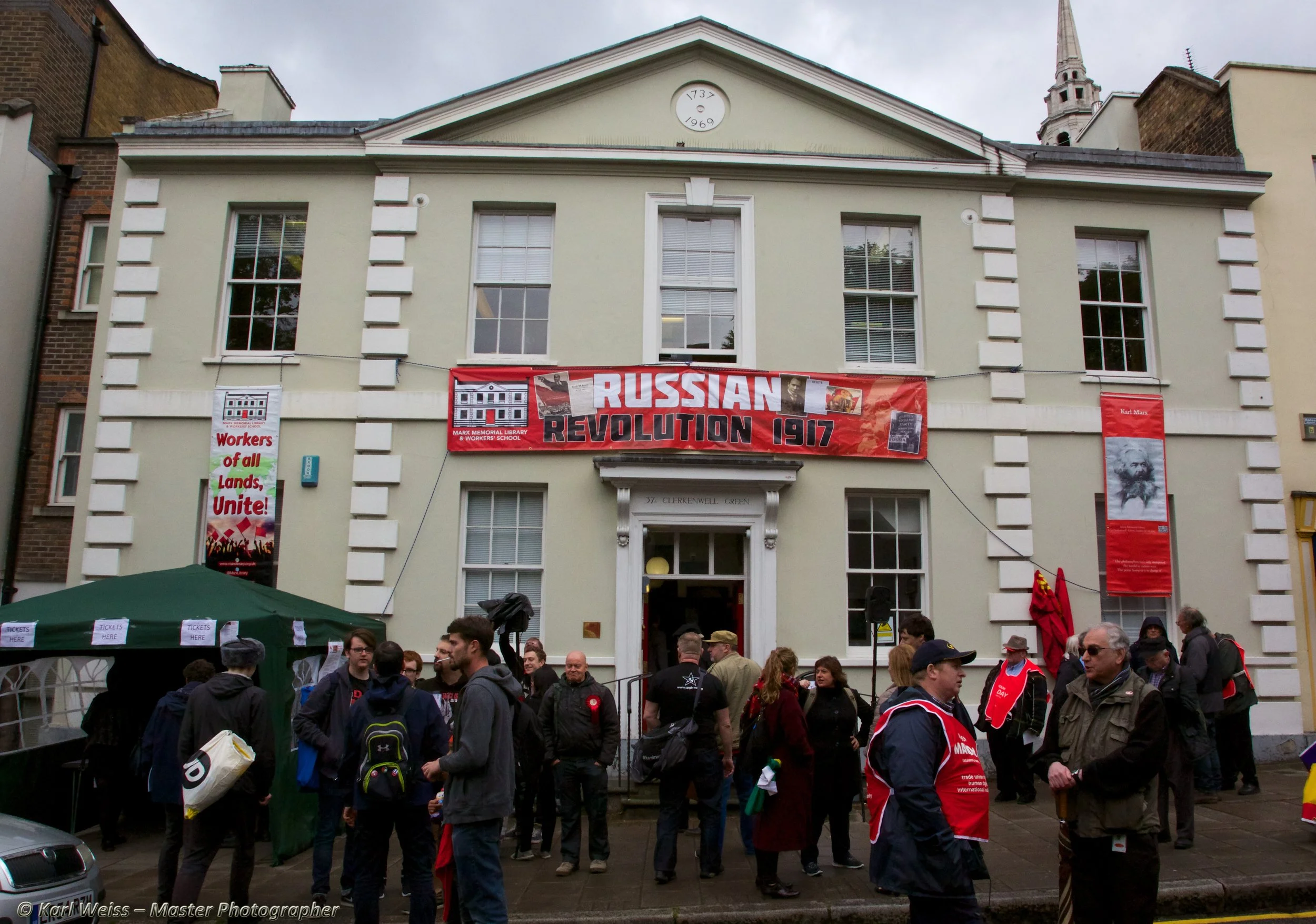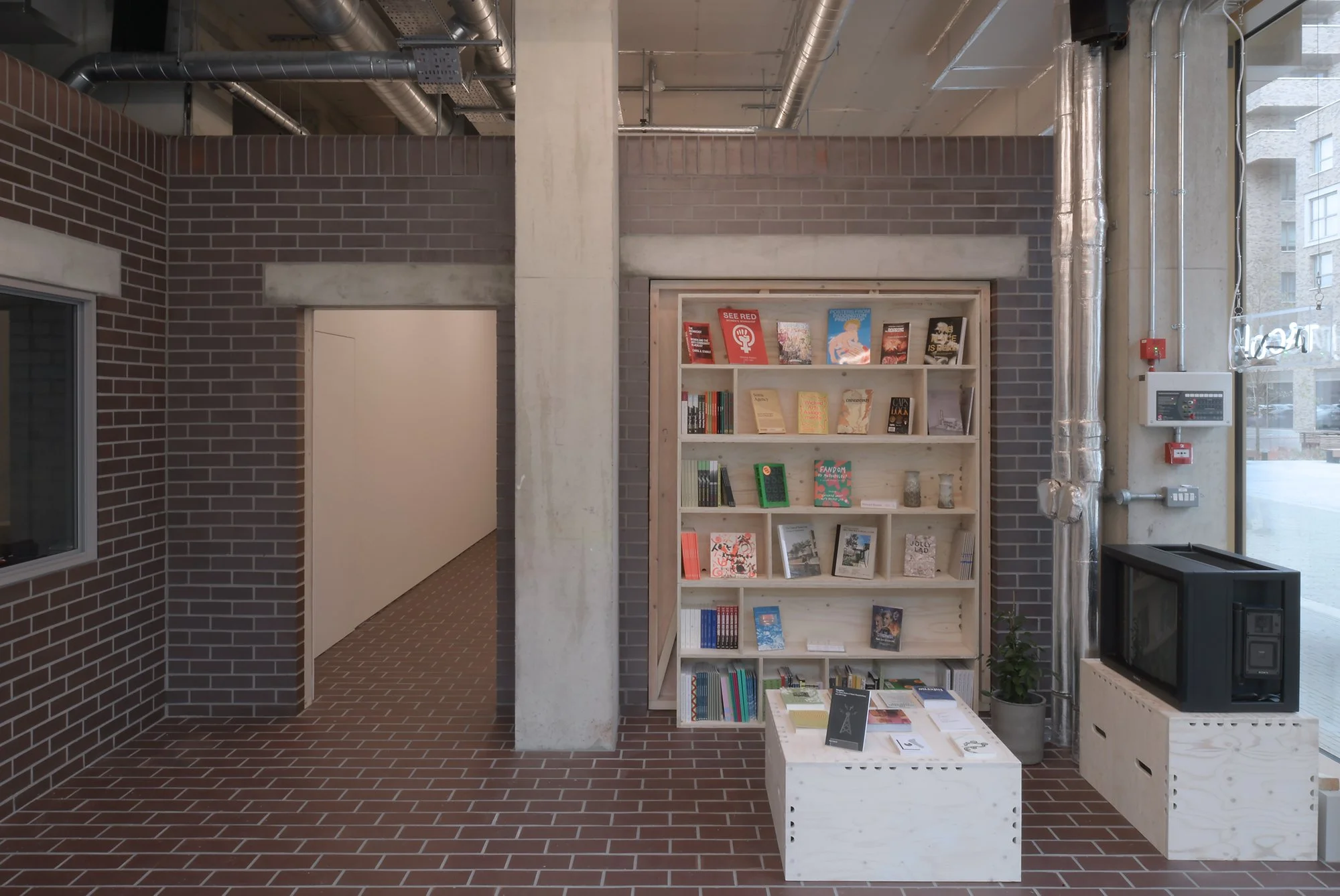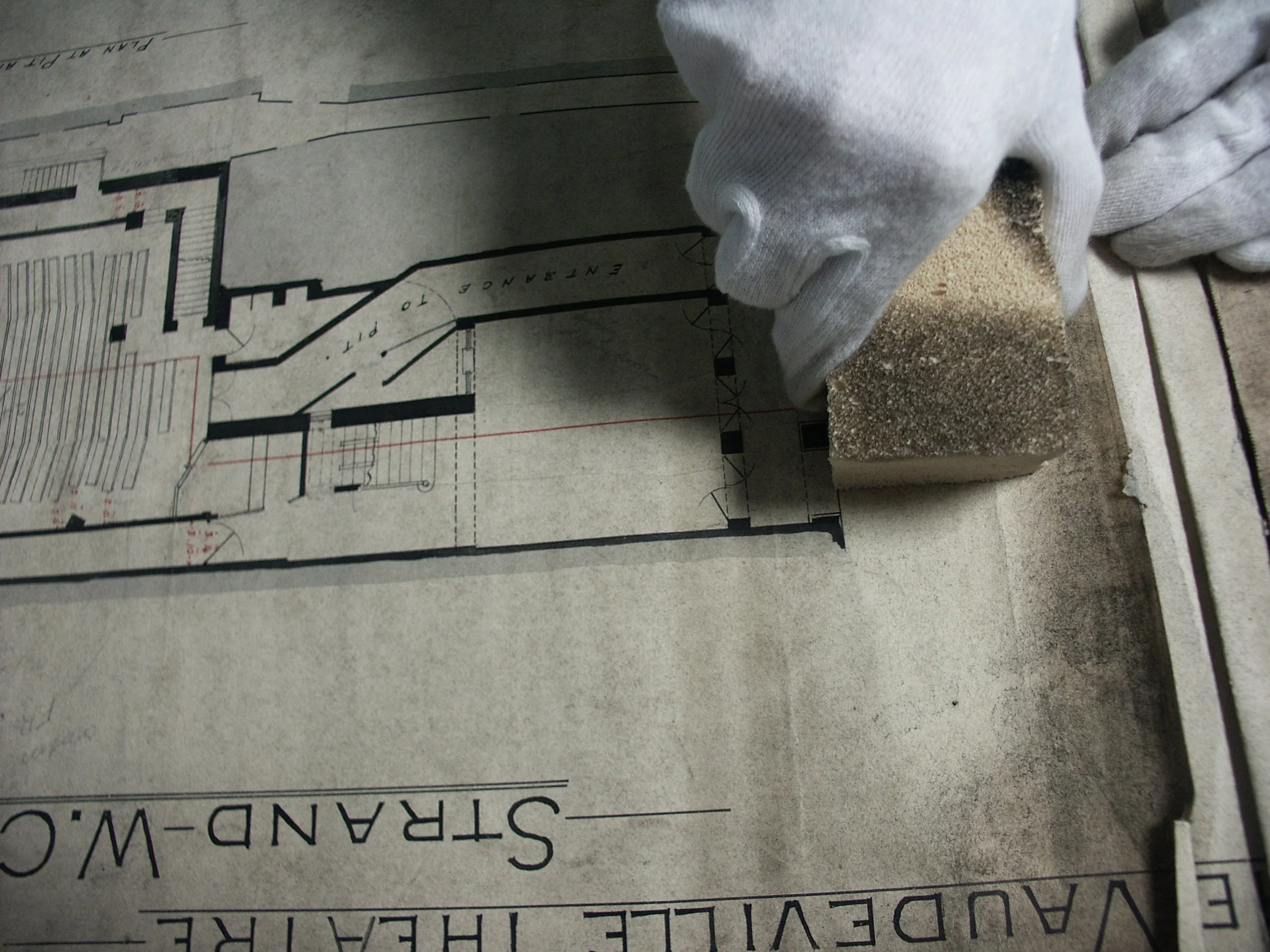Print, Publishing and Archives curated by Sahra Hersi
Sahra Hersi is an artist and spatial designer whose work explores the intersections of architecture, publishing and public space. Her practice is grounded in care, place and community, often bringing people together through conversation, co-making and collective storytelling. She has a particular interest in printmaking, small-scale self-publishing and zines, and uses these formats to explore how stories are shared, archived and made public.
Her collection celebrates the vibrant ecosystem of independent publishing, printmaking, and archiving across the city. Focusing on small-scale, self-organised spaces, it highlights where people come together to write, print, create beautiful things, and share knowledge. The printing press is central to this creativity, fostering a culture of independent, self-published works that often focus on community and political themes.
Equally important are the physical archives these presses and publishers maintain, serving as repositories of knowledge and memory. This collection underscores the importance of knowledge production within the city highlighting how these interconnected practices of publishing, printing, and archiving are vital to collective freedoms and the right to tell our own stories and histories. Through this collection, I want to honour the quiet power of these spaces and the communities that sustain them, recognising them as vital cultural infrastructure often overlooked in conversations about the city.
A community and education driven risograph studio based in Old Manor Park Library, run by the OOMK collective. They provide printing facilities to artists and groups in Newham, alongside open-access sessions where anyone can sign up, receive an induction to the risograph process, and have a go at printing.Their educational programmes and workshops in zine making, design, and risograph printing make publishing feel communal rather than exclusive.Beginning as a residency in 2017 and becoming independent in 2020, Rabbits Road Press continues to nurture projects by local artists, makers, and anyone interested in experimenting, built on access, creativity, and a commitment to staying present.
2. Plan B and Sold Out Publishing Open Studio
Sold Out is an independent publishing house founded in 2020 by Betty Brunfaut and Bakhtawer Haider. Their work challenges the conventions of design, culture and education, opening space for voices and ideas that don’t usually get a platform. The studio experiments with format toolkits, essays, exercise books always with a decolonial and feminist ethos. What draws me to Sold Out is their refusal to separate publishing from politics or people; the books are both beautifully made and deeply intentional. They’re also based in a fascinating and curious space that was once a restaurant and is now studios for artists and creatives. Amongst the wooden panelling of the interior, you find beautiful publications and posters. Visiting their open studio is a chance to see how publishing can be reimagined as a collaborative, critical and inclusive practice.
3. Seed Archives
Seed is a space that celebrates traditional African and Caribbean art, design and culture through a curated collection of objects and books. By reimagining what an archive can be, it transforms how people engage with cultural objects offering free educational resources and encouraging a collective approach to learning. More than a conventional archive, Seed creates an open and nurturing environment that reconnects the diaspora with lost identities and historical narratives. It is a hidden treasure trove of often hard-to-find publications, beautifully curated and displayed to create a warm, welcoming space where people can discover, rediscover, explore and expand. Spending time here feels less like entering an institution and more like being invited into a shared living room of ideas, where elders’ knowledge, contemporary voices and long-forgotten works come together to remind us that culture is carried, questioned and renewed.
4. London Centre for Book Arts
The London Centre for Book Arts (LCBA) is an artist-run studio in Hackney Wick, in what was once the heart of east London’s print industry. It brings together traditional skills in letterpress, binding and publishing with a spirit of experimentation, offering courses, workshops and membership that make specialist tools accessible to a wider community. The centre also has a shop stocked with carefully chosen books, zines, prints and stationery, always a pleasure to browse when I visit. What I value about LCBA is the way it keeps craft knowledge alive while treating books not only as objects but as vehicles for ideas and connection, while offering people the chance to learn and make in a thoughtfully curated space.
5. Artichoke Print Workshop Coldharbour Works
Artichoke Print Workshop is one of London’s longest-running open access print studios, based at Coldharbour Works in Brixton. Established in 1978, it has built a reputation as a place where artists, designers and printmakers of all levels can develop their practice. The workshop offers facilities for screen printing, etching and relief, alongside courses and mentoring that keep traditional printmaking techniques alive while supporting experimentation. What stands out about Artichoke is its longevity and spirit of generosity decades of artists have passed through its doors, finding both the tools and the community to make their ideas visible.
6. City of Westminster Archives Centre
The City of Westminster Archives Centre holds an extraordinary collection of documents, photographs, maps and ephemera that tell the story of the city and its people. It is both a public resource and a place of discovery, where residents, researchers and the simply curious can explore over five centuries of history. What makes the centre remarkable is its accessibility: free to visit, open to all, and supported by staff who encourage learning and exploration. It shows how archives can be more than storage; they are living resources that connect communities to their past and help shape how we imagine the future.
7. Marx Memorial Library & Workers’ School
The Marx Memorial Library & Workers’ School, founded in 1933, is tucked away in Clerkenwell Green. It holds one of the most significant collections on the history of socialism, trade unionism and working-class movements in Britain. The library houses books, pamphlets, posters and archives that tell the story of struggles for equality and justice, as well as running lectures and educational programmes that continue that tradition of learning. What makes it special is the way it connects past and present linking today’s visitors with generations of workers, activists and thinkers who shaped the world through organising, solidarity and print.
8. TACO! (Thamesmead Arts and Culture Office)
TACO! (Thamesmead Arts and Culture Office) is an artist-led space in Thamesmead that combines gallery, bookshop and community hub. Alongside exhibitions, events and radio broadcasts, they run a risograph print studio where artists, groups and local residents can learn, experiment and produce printed work. What makes TACO! stand out is how deeply it is rooted in its context, embedded in the estate, open to the community, yet outward-looking in its programme. It shows how a neighbourhood arts space can be both a site of experimentation and a platform for shared stories over a coffee.
9. The London Archives
This archive holds one of the largest collections of records about the capital and its people, stretching back over 1,000 years. From maps and photographs to diaries, official records and ephemera, it is a place where London’s history is kept alive and made available to the public. What stands out is not only the scale of the collection but the openness of it, anyone can visit, explore and learn. The archives remind us that the city is built not just from buildings and streets, but from the countless stories and documents left behind by its communities.




